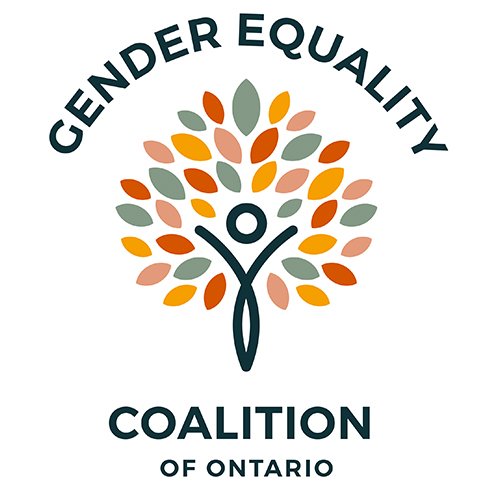Why does GBVA still matter?
As we work to strive for progress and equality, it's disheartening to acknowledge that gender-based violence continues to cast its shadow over the lives of countless individuals. As we embark on the 16 Days of Activism Against Gender-Based Violence, it's crucial to delve into why this issue remains alarmingly relevant and why our collective efforts to eradicate it must persist.
1. A Staggering Global Reality
Despite the progress made in acknowledging and combating gender-based violence, the statistics are sobering. According to the World Health Organization, about 1 in 3 women worldwide has experienced either physical or sexual intimate partner violence or non-partner sexual violence in their lifetime. These numbers are not mere statistics; they represent the lived experiences of mothers, sisters, friends, and colleagues.
2. Silence and Stigma
One of the primary reasons gender-based violence persists is the silence that shrouds it. Shame and stigma often prevent survivors from speaking out, perpetuating a culture of secrecy. Breaking this silence is not only about providing a voice to survivors but also about dismantling the societal structures that allow perpetrators to operate with impunity.
3. Deep-Rooted Gender Inequality
Gender-based violence is intricately linked to deeply ingrained gender inequalities that persist in our societies. Stereotypes and traditional norms often perpetuate power imbalances, making it challenging for individuals to break free from oppressive situations. Addressing gender-based violence means challenging these norms and fostering environments that promote equality and respect.
4. Intersectionality Matters
Gender-based violence doesn't affect everyone equally. It intersects with other forms of discrimination, such as race, socioeconomic status, and sexual orientation. Marginalized communities often face heightened vulnerability, making it imperative to adopt an intersectional approach in our activism. By understanding and addressing these intersections, we can create more inclusive and effective strategies to combat gender-based violence.
5. The Ripple Effect on Communities
The impact of gender-based violence extends beyond the individual survivor. It disrupts families, communities, and societies at large. By addressing this issue, we not only support survivors in their healing journey but also contribute to the creation of safer and more resilient communities.
As we engage in 16 Days of Activism, let us remember that our collective action matters. It's a call to challenge societal norms, break the chains of silence, and create spaces where survivors are not only heard but believed. By acknowledging why gender-based violence still matters, we take a vital step towards fostering a world where everyone can live free from fear, violence, and discrimination. Together, we can be the catalysts for change.
- Joni Nelson
Membership Chair, Gender Equality Coalition of Ontario

